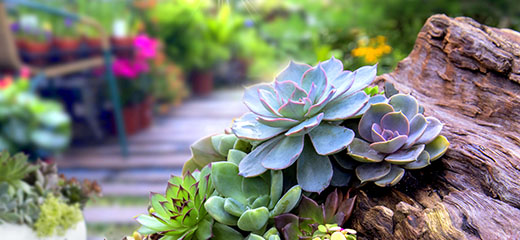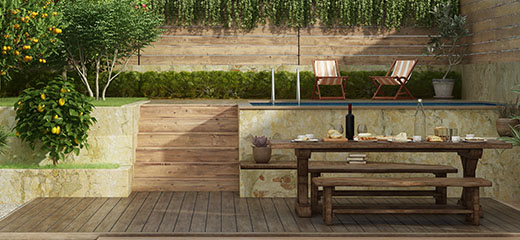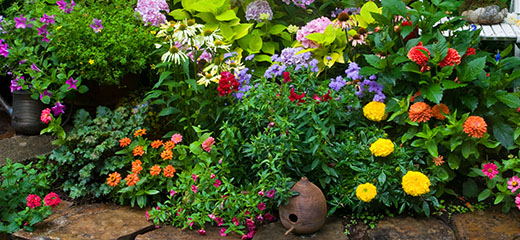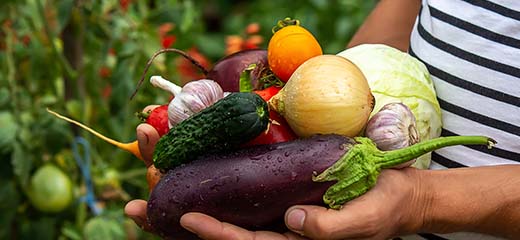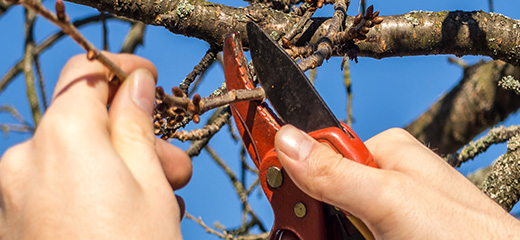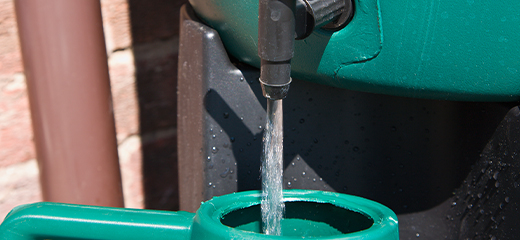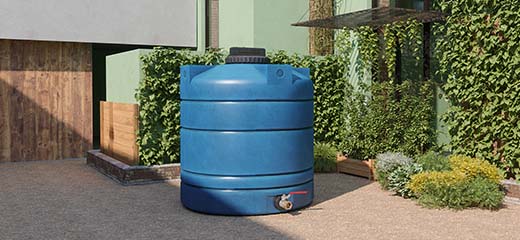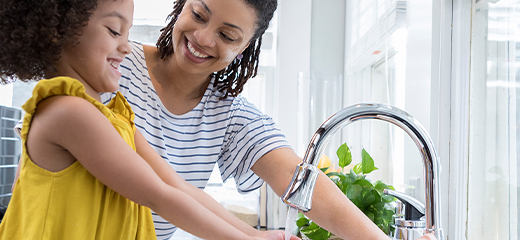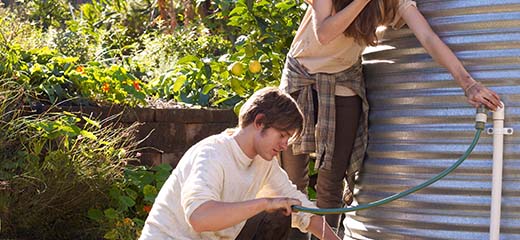
How to grow a garden in small spaces
If you have limited space but dream of creating a beautiful garden with plants, herbs or vegetables, it is possible. With some creativity, innovation and tender love and care, you can have your own little fertile spot.
Whether you have a small balcony, windowsill, patio or a small corner inside your home, you can enjoy the benefits that comes with gardening. Besides making your space look beautiful, a small garden can provide you the satisfaction of growing your own herbs, flowers or vegetables. It is a fulfilling way of bringing the benefits of gardening to your home, regardless of your space.
Here’s some practical and easy-to-follow steps to help you grow your garden in a small space.
Location
When it comes to starting a garden, what matters is the location and how you place your plants, herbs, or vegetables. While horizontal planting is the conventional way of gardening, there’s no reason why you can’t take the road less travelled and use a corner in your home to plant them vertically. You just need to make sure the space you choose receives enough sunlight. If your home gets limited sunlight, you can enhance your gardening skills by installing LED plant grow lights.
Containers
The market offers all types of containers suitable for gardening in small spaces. You can choose between a tower garden, hangable pots or baskets, wall mounted pot plants or install shelves to maximise exposure to the available sunlight. Alternatively, you can use grow bags or make your own garden bed/planter with old tyres, buckets or planks. Don’t forget to create a good drainage system to prevent waterlogging.
Soil quality
Summer in South Africa can get very hot, causing dryness which can have an impact on your soil quality, especially for potted vegetables. Equally, too much humidity and rain can be bad for your plants. Regularly adding good quality compost or manure to your potting mix can keep the soil nutrient rich and fertile. You can also use mulch, which is a natural fertiliser made of coconut peat, straw, grass trimmings or leaves. Remember that your kitchen scraps can also be used to create nutrient-rich compost for your garden.
The right plants
It is advisable to choose plants and flowers that are well-suited for container gardening and the season you choose to start in. Herbs are a great choice for small pots, however when it comes to some vegetables and plants you will have to look at ones that can fit easily in a small pot. Speaking to a specialist at your local nursery will ensure your choices thrive in your special space.
Be waterwise
Pot planting requires more regular watering because the water tends to seep through and as the temperatures rises, the soil will dry out quicker. It is best to water your garden every two days. Just be careful not to drown them, which can lead to root rot. Invest in a watering can with a narrow spout to control water distribution correctly.
Regular maintenance
Nothing beats regular maintenance to protect your plants and address any issues that can spoil your hard work. Keep an eye out for signs of pests that could affect your plants. When the time comes, be sure to prune them to encourage new growth.
Stay up to date
Gardening requires continued learning to enhance your skills, especially in small spaces. There are many tools and techniques out there to help you to gain insight into the world of gardening. There are different apps that will give you good guidance on your small space gardening journey and recommendations based on your area and climate.
Small space gardening can be easily achieved and very rewarding. By embracing learning, choosing the right location and taking care of your plants regularly you too can get to enjoy what your garden produces.
LookSee is a free home efficiency platform aimed at making homeownership easier and more affordable.
